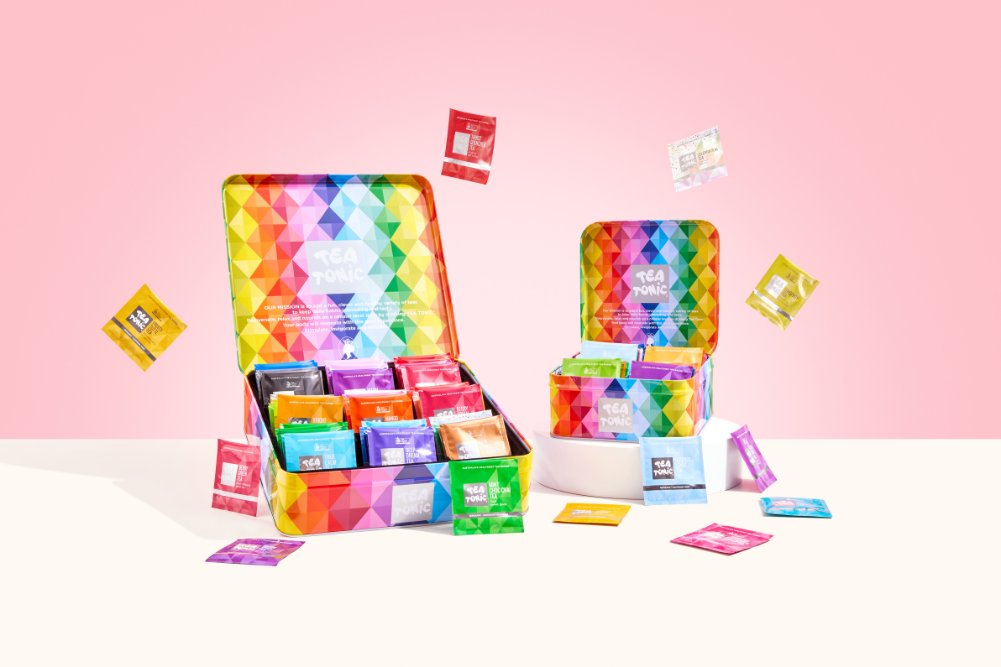Coffee and breast cancer
Breast cancer is the most common cancer among Australian women, accounting for 28 per cent of all cancer diagnoses. One in nine women will be diagnosed with breast cancer before the age of 85. With such a prevalence, ways to reduce breast cancer incidence and recurrence are keenly sought and, when the answer may be as close as a cup of coffee, that is good news indeed.
As background to a new study, we need to understand that some breast cancer cases are “oestrogen-receptor positiveâ€. In these cases after surgery women are often prescribed drugs such as tamoxifen which prevents oestrogen from binding to breast cancer cells which in turn stops them growing and dividing.
In a new study of 1090 women with breast cancer, around 500 were treated with tamoxifen. The women’s coffee consumption was assessed and allocated to one of three categories: low consumption (less than one cup a day), moderate consumption (two to four cups a day) or high consumption (five or more cups a day).
Analysis showed that among women treated with tamoxifen those with moderate to high coffee consumption had half the likelihood of the recurrence of breast cancer than those with low coffee consumption or who drank no coffee at all. Additionally, women treated with tamoxifen who had at least two cups of coffee a day had smaller tumours and a lower proportion of hormone-dependent tumours than women who consumed less coffee.
The researchers then analysed the action of two coffee ingredients: caffeine and caffeic acid. They found that both caffeine and caffeic acid caused reduced cell division and increased cell death among both oestrogen-receptor positive and oestrogen-receptor negative cells. When tamoxifen was applied to the cells the effect was even more dramatic. It is likely that caffeine and caffeic acid turn off signalling pathways that cancer cells need to grow and in so doing may sensitise cancer cells to tamoxifen.
Remember, it is all about reducing risk; no-one is saying that coffee protects you against breast cancer, but it does seem that a cup or two of a pleasant beverage may make a difference.







